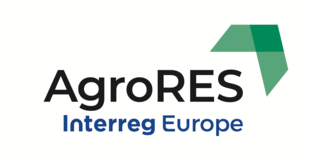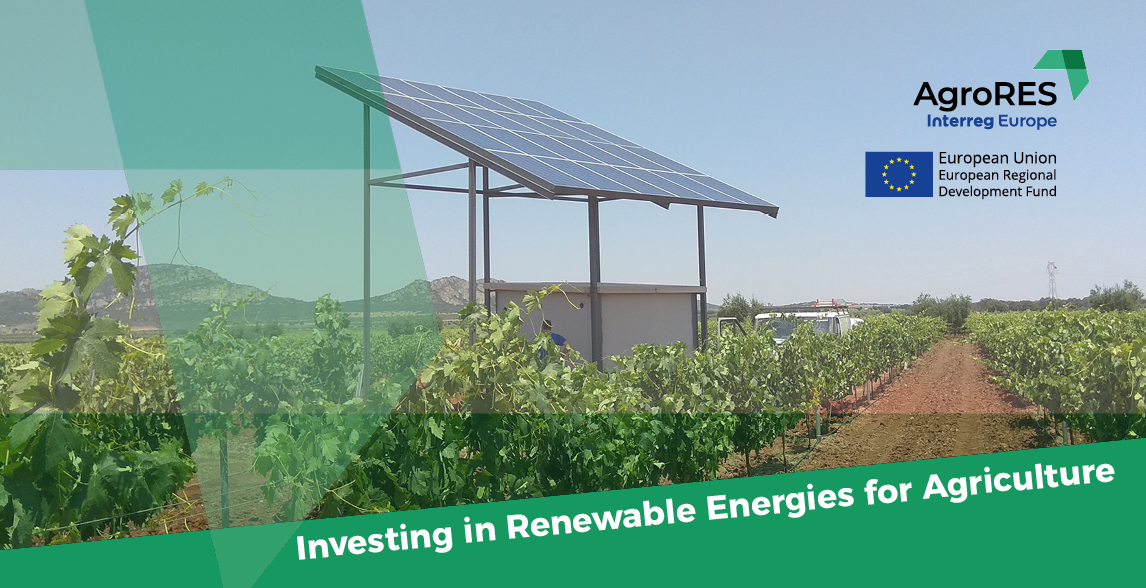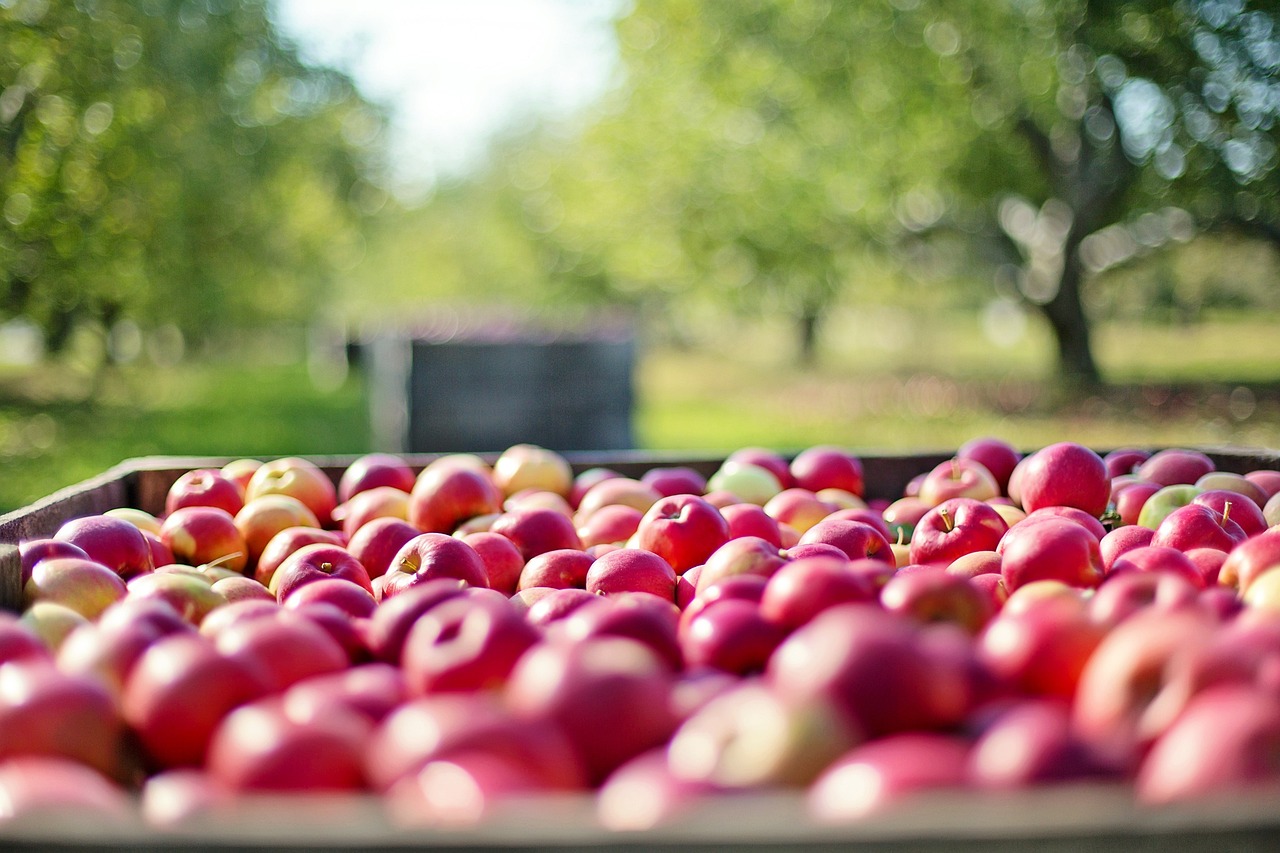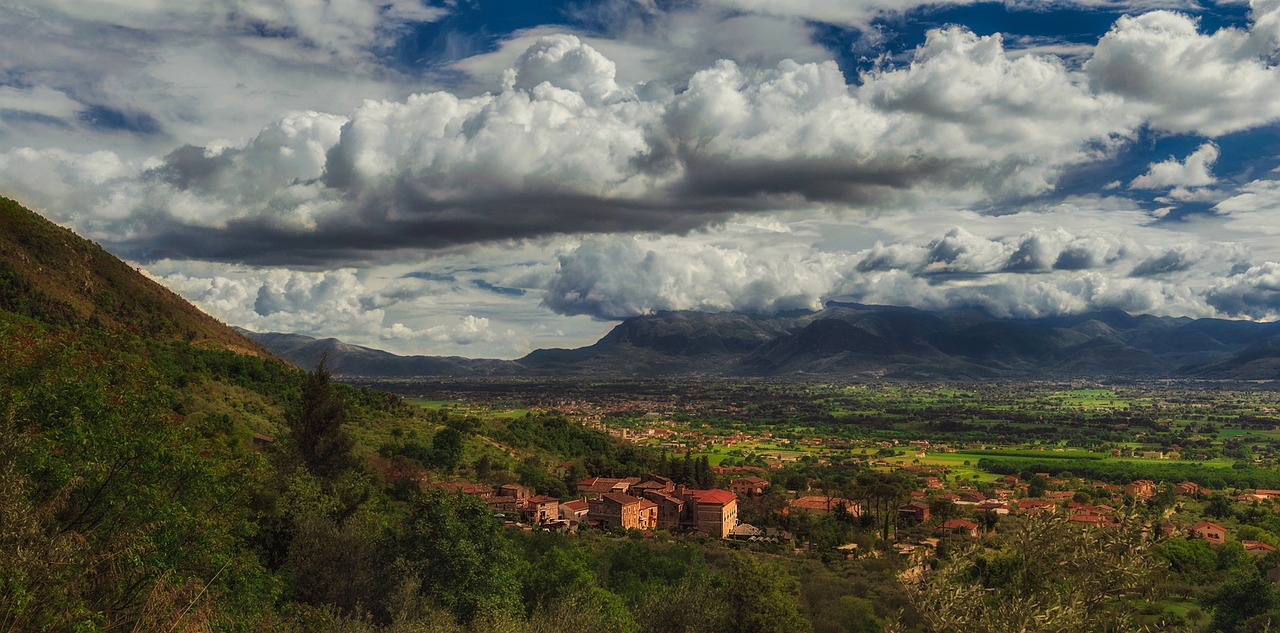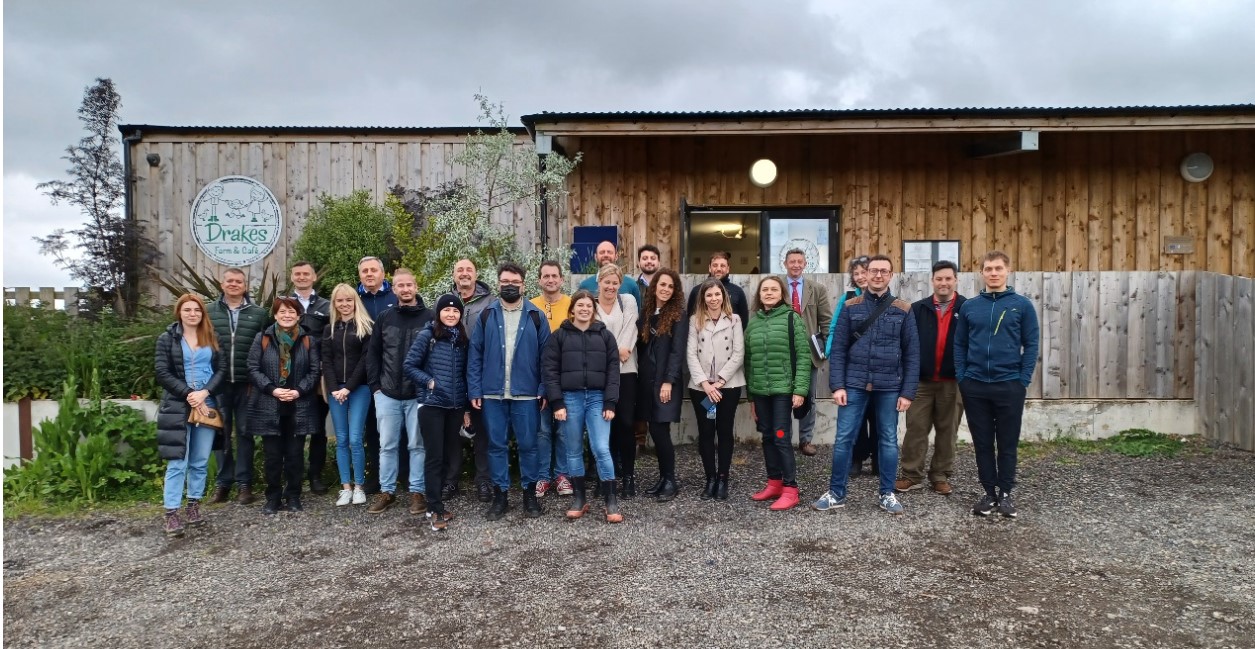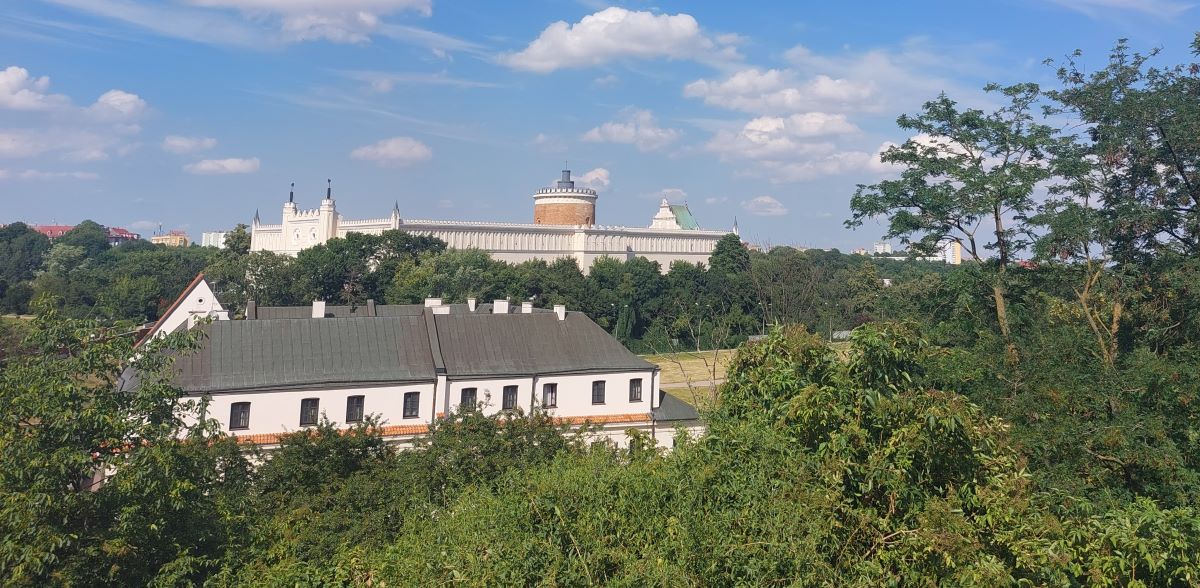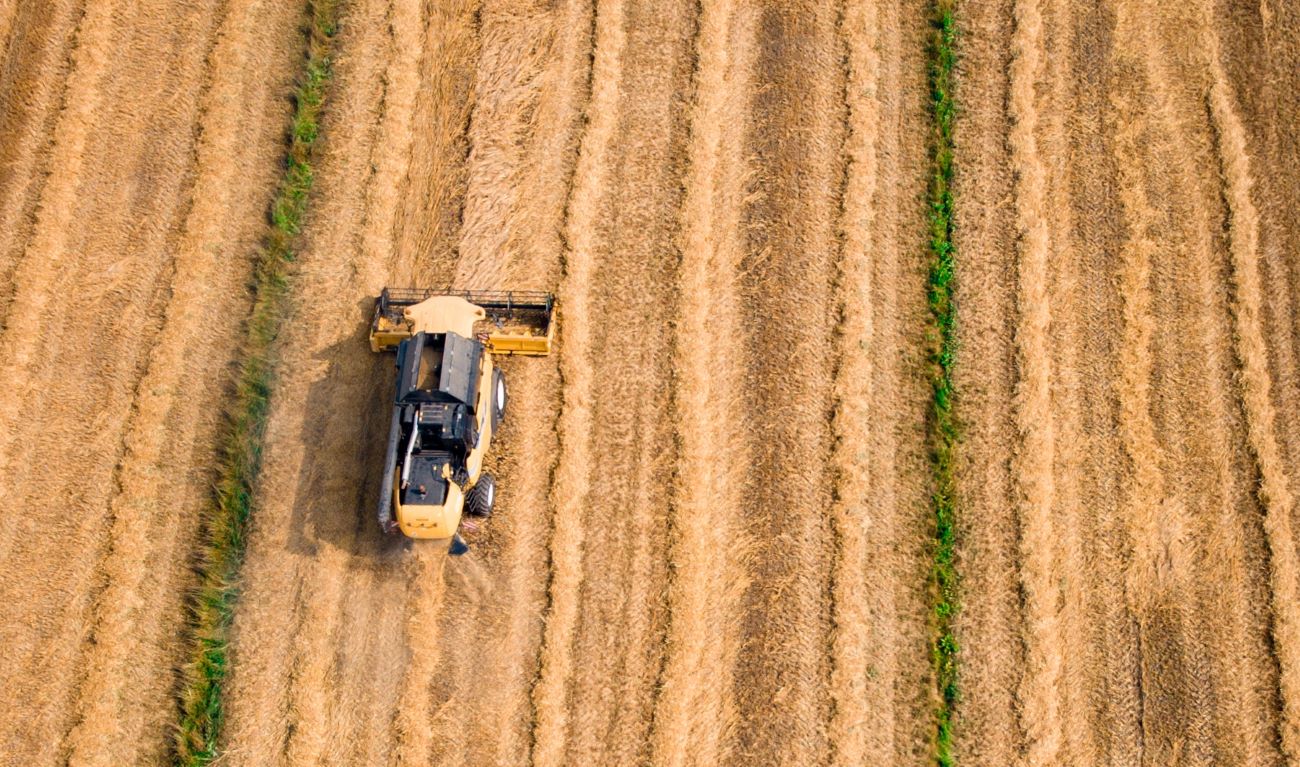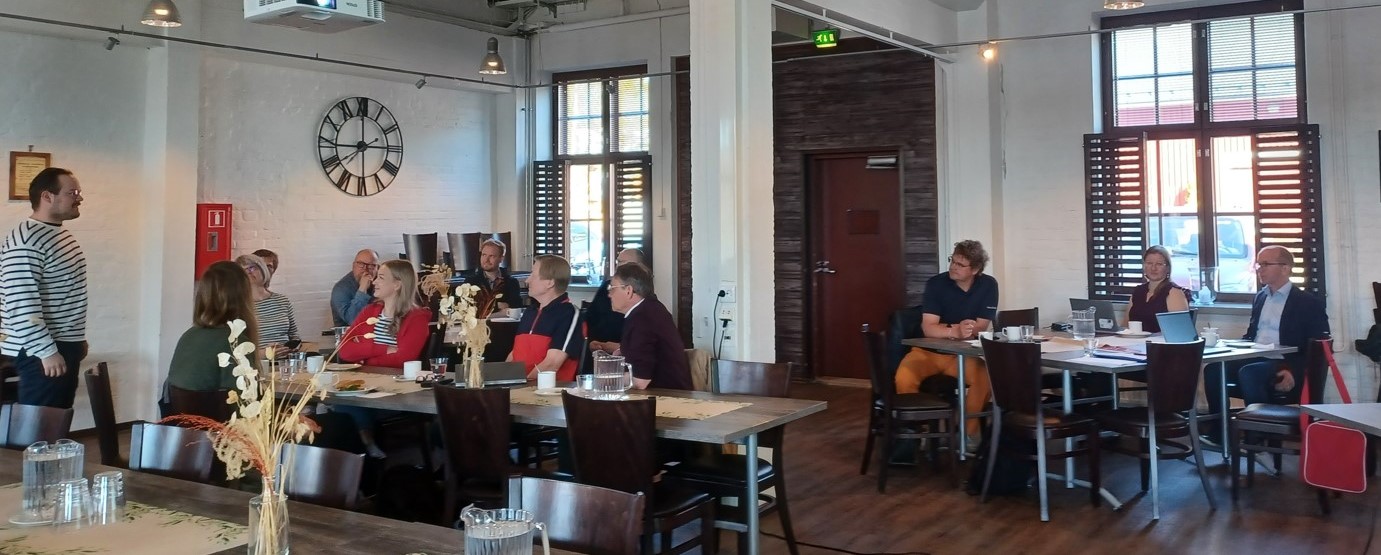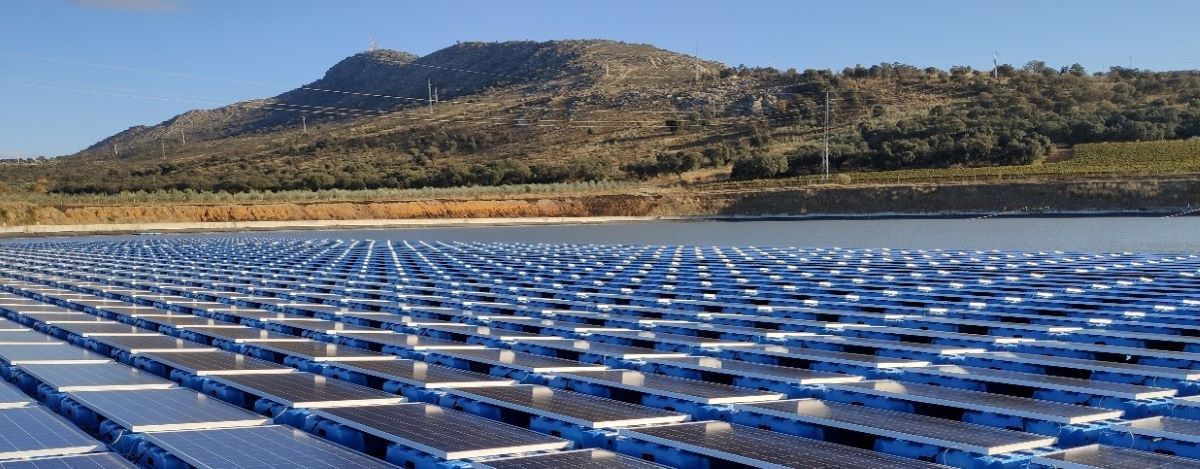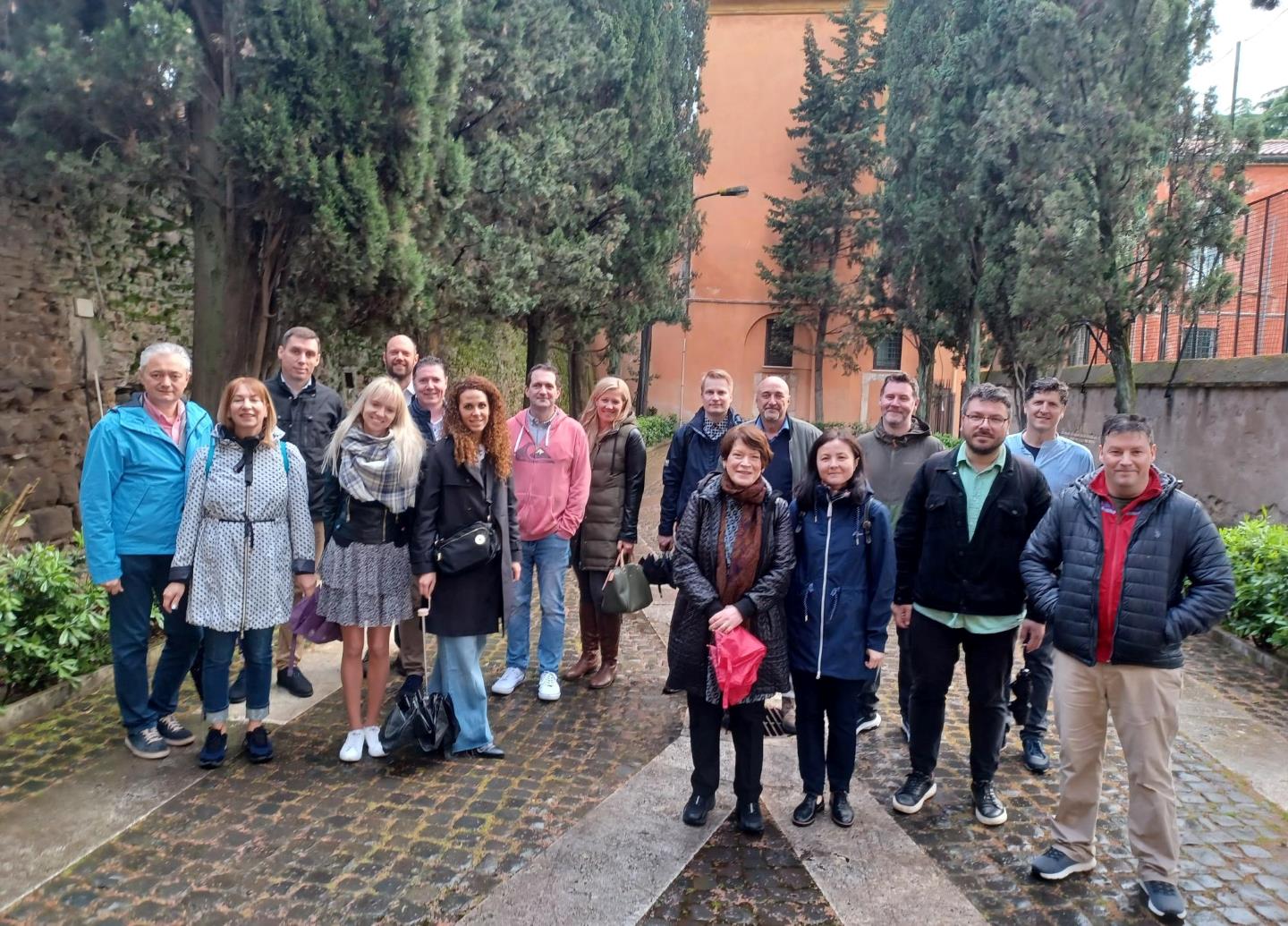On November 19, 2020, members of the Local Stakeholder Group of Lubelskie Voivodeship, PL, met for the second time as part of the AgroRES project. The meeting was attended by representatives of the Lublin University of Technology, Provincional Fund for Environmental Protection and Water Management in Lublin, Dolina Zielawy Energy Cluster, School Complex in Ostrów Lubelski, Niemce Commune, Foundation for Lubelskie Development - coordinator of the Lublin Eco -Energy Cluster and the Energy Management Office of the City of Lublin.
At the beginning of the meeting, participants were presented with the status of work on the project, including work on the Guide of the Best Practices. Each project partner, including the Lubelskie Voivodeship, was to identify 10 good practices in the field of renewable energy in agricultural areas. The best practice from our region, namely the Biomass boiler house in Ostrów Lubelski, rated as such by European partners, was presented by the principal of the School Complex in Ostrów Lubelski.
Then, 8 out of the 70 good practices were presented to the participants as the most interesting examples, by our opinion:
- Local energy markets – Ireland;
- BioKymppi biogas plant – Finland;
- An organic and multifunctional closed cycle Farm - TULARU– Italy;
- Energy efficiency in Rome agrifood market (CAR) – Italy;
- From the sustainability of renewable energy (PV) to the quality of the wine produced – Italy;
- PV/Biomass hybrid system – Spain;
- Tobacco drying by biomass – Spain;
- Biomass boiler for winery – Spain.
As the final meeting activity, participants assessed the above examples by selecting best good practices in 5 categories:
- the most interesting good practice,
- the most innovative good practice,
- good practice that has the greatest impact on the environment,
- good practice that can be most easily implemented in our region,
- good practice, which is the best example for promoting RES in rural areas.
The voices of our local Stakeholders are an important guideline for the Lubelskie Voivodeship when choosing two good practices for on-site visits, which are aimed at deepening the knowledge about the best practices of the greatest interest to us.
